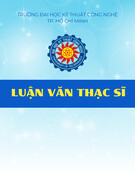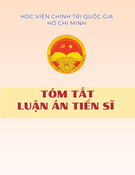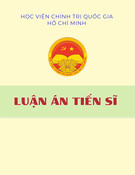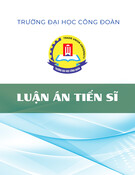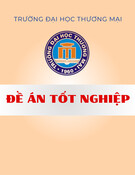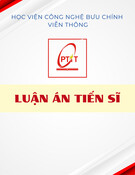
iv
2.7 Structure–agency interplay in migrant employment .................................................. 33
2.8 Chapter summary ....................................................................................................... 35
CHAPTER 3 RESEARCH METHODOLOGY ...................................................................... 37
3.1 Introduction ................................................................................................................ 37
3.2 Rejecting methodological individualism: Ontological, analytical and methodological
dualism ....................................................................................................................... 37
3.3 Structure–agency interplay: Ontological assumptions and epistemological
orientation .................................................................................................................. 38
3.4 The critical realists’ pathway: Ontological realism, epistemological relativism and
judgemental rationality .............................................................................................. 41
3.5 Methodological options for critical realist research .................................................. 42
3.6 Adoption of mixed research methodology ................................................................ 44
3.7 Defining research participants ................................................................................... 45
3.8 Research design ......................................................................................................... 46
3.8.1 Phase 1: Quantitative phase ............................................................................... 48
3.8.2 Phase 2: Qualitative phase ................................................................................. 50
3.9 Reliability and validity .............................................................................................. 55
3.10 Ethics consideration of the research .......................................................................... 56
3.11 Chapter summary ....................................................................................................... 56
CHAPTER 4 QUANTITATIVE FINDINGS .......................................................................... 57
4.1 Introduction ................................................................................................................ 57
4.2 Background to the CSAM dataset ............................................................................. 57
4.2.1 CSAM sample selection ..................................................................................... 59
4.2.2 Outliers, weighting and data coding .................................................................. 60
4.2.3 The sample used in this research: Skill stream primary applicants ................... 60
4.3 Characteristics of migrants skills and educational qualifications .............................. 62
4.3.1 The extent of home country educational qualifications and skills ..................... 62
4.3.2 Skilled migrants’ attainments of Australian qualifications ................................ 64
4.3.3 Skilled migrants’ visa reporting categories ........................................................ 64
4.4 Skilled migrants’ employment outcomes: A deeper examination ............................. 66
4.5 The extent of employment among skilled migrants .................................................. 70
4.6 The quantity of work secured by the skilled migrants ............................................... 72
4.7 Mapping skilled migrants’ occupational mobility ..................................................... 73






